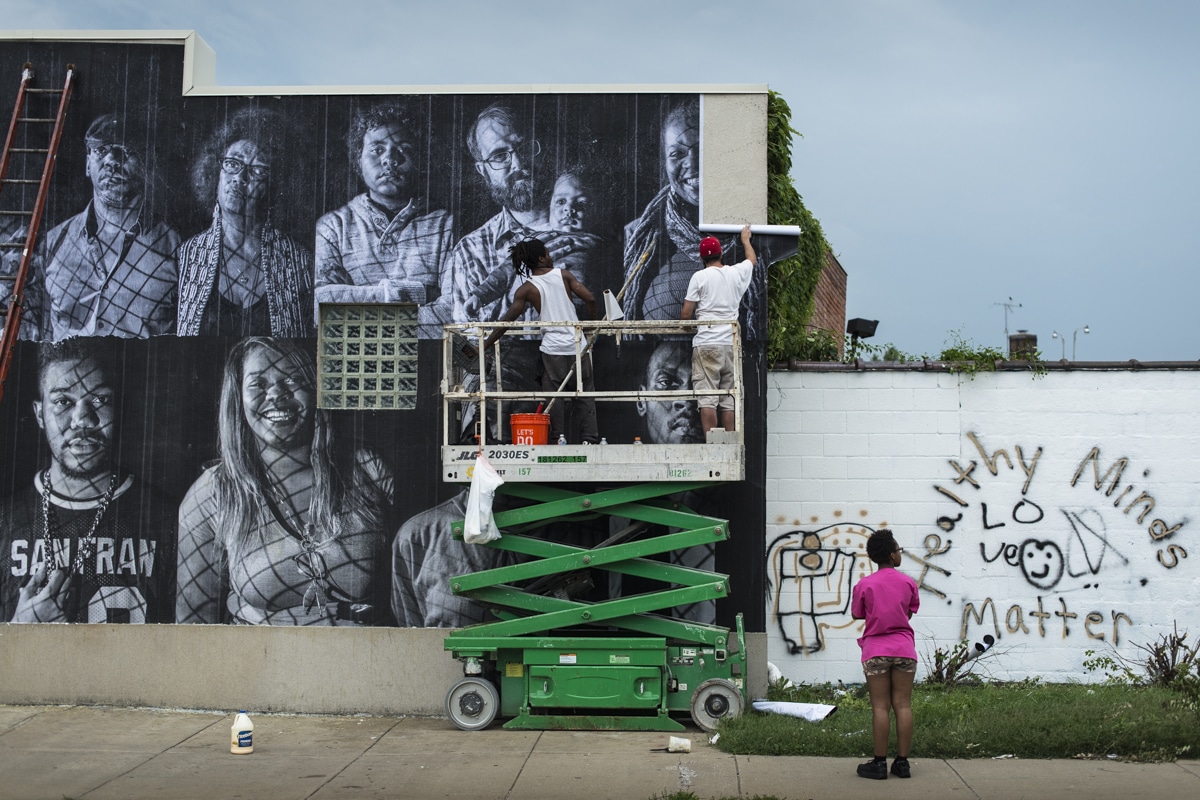Robin Kelley synthesizes the best of what he reads and learns while helping us to understand why we should follow him down the paths he takes. This essay is vintage Kelley: rife with learning and more learning—about student movements of the past; about the broader social movements that fed them; about the intellectual conceits, in both senses of the word, that drove fierce confrontations with authority; about the internal group schisms that follow the trajectory of movement algebra (the multiplication of assaults on the dominions of class, race, gender, and sex by the division of labor and duty, sparked by the subtraction of certain folk from certain groups and their addition in still others). It shines, too, with analysis and more analysis: of the contradictions between individual and institutional resistance to racism; of the complicated dynamic of class and its inability to subsume race in explaining harms suffered and endured; of the mechanics of an imperial version of racial tolerance that exploits the very multiculturalism meant to speak for the exploited; and of the dangers of staging the traumas of black experience while leaving aside the political source of black suffering. Kelley embraces the moral arc of the black student movement while reminding it of the intellectual roots that nurture it and the memories that might—really, that must—sustain it.
Kelley captures my ear in echoing the insistence of Stefano Harney and Fred Moten to be in but not of the university. (Excuse my momentary impertinence, but that “in it but not of it” dialectic ain’t a Hegelian, Marxian, or progressive notion alone, or even originally, but derives from my faith’s insistence that Christians must be in the world but not of it.) It reminds us that students not to seek solace in a space that never intended to make them feel safe. It reminds students that the logics and reasons that foment insurrection are not necessarily those that contain it—or that are contained in the classrooms and school halls that more often than not perpetuate the inequalities they seek to remedy. It reminds students that, in the end, they should bring their own rebellion to the party of social equity and institutional learning, sustaining themselves on their own stories of resistance and redemption and community making and soul shaping and body protecting and mind guarding.
While attending to the students, Kelley subtly engages the groundswell that engulfed Ta-Nehisi Coates’s Between the World and Me. In the contrast between Coates’s argument and an earlier generation’s struggles with white supremacy—or, in truth, an alternate reading of such struggles—Kelley finds the resonant distinction between black bodies and black persons, which is more than an abstract philosophical claim about identity and personhood. It is a politically charged reflection on agency and a rejection of victimhood’s seductive orbit.
Kelley also offers the most gentle of rebukes to those who carry out the frenzied divisions, moral recriminations, finger-pointing, back-biting, and nasty in-fighting that many young black activists feel they have rejected in their elders, only to see such forces rip through their own ranks. This rebuke is a hopeful gesture: it is saying, “don’t fear young folk, these rumbles erupted in previous generations, too.” But Kelley never resorts to needling nostalgia: the older folk griped too, he reminds us, but in the end they were able to overcome their conflicts and mounted rebuttals to appeasement of the status quo or hopeless surrender to the fact and force of oppression.
What Kelley has taped in his drawer—a note to himself to “love, study, struggle”—should be pinned on Pinterest, shared on Facebook, and tweeted on Twitter. We can’t resist if we don’t really know what we are resisting and how those forces have resisted other efforts at struggle. There is no need to be defensive when helpful criticism comes our way. And the love for all of humanity, one that Martin Luther King, Jr., and James Baldwin embraced, and that Ella Baker and Fannie Lou Hamer embodied, can only help us change the world into what we need it to be when are at our best as human beings.
Thank God that Kelley has found common cause with the denizens of the undercommons to offer us uncommon wisdom about our current struggles to love, study, and struggle our way to liberation.








